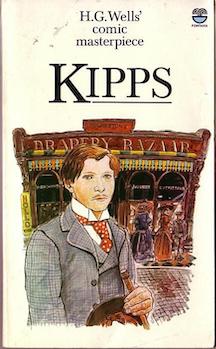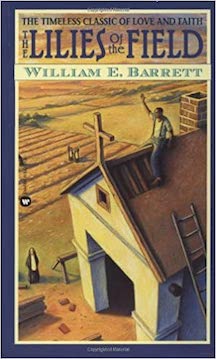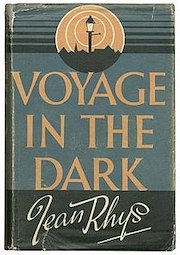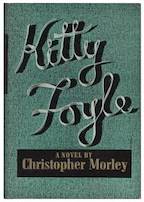Tiki Tom
My Mail is Forwarded Here
- Messages
- 3,523
- Location
- Oahu, North Polynesia
These days, with almost everything I read, I have to put on special glasses to screen out all the proselytizing that’s going on. It is simply the fashion in writing these days. I understand that in the 1930s many also pushed the idea that writers should “take a stand”, so the fashion is not even particularly new or original. I just hate it when it is done with a heavy hand.







